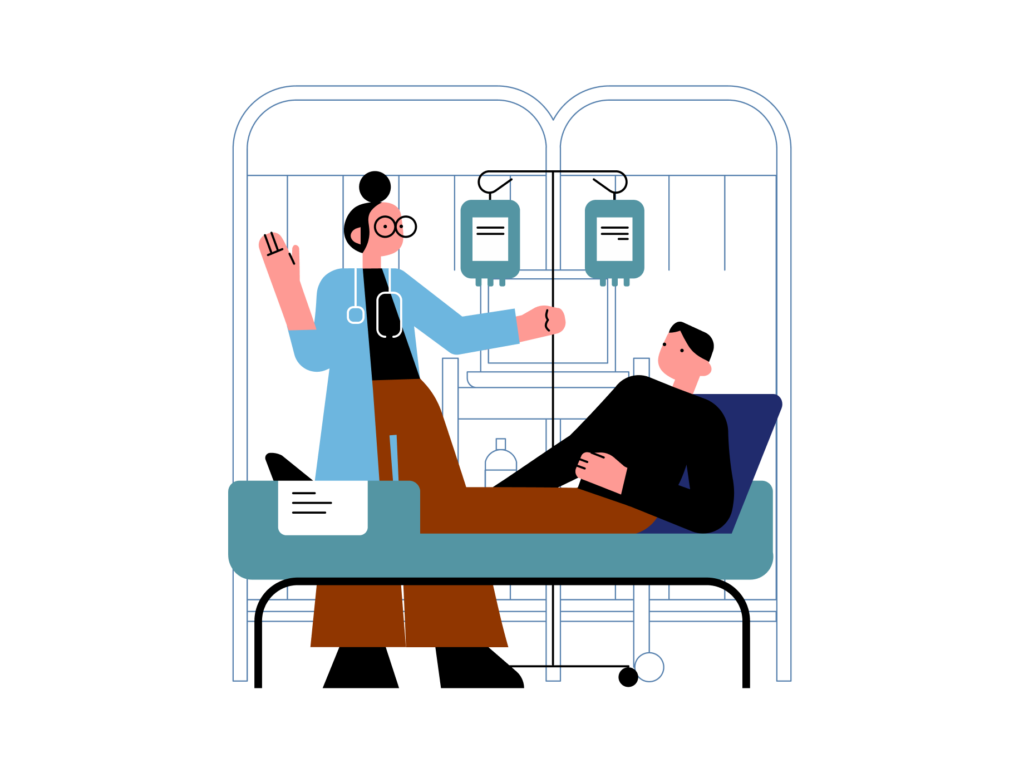Anaesthetics remains a reasonably competitive specialty to enter year on year because it offers an attractive type of work and sustainable work-life balance.
There’s something for everyone…
As the largest hospital-based specialty, anaesthetists are perfectly poised to effect meaningful change and deliver excellent care across multiple specialties. There are many roles that an anaesthetist can fill throughout the lifespan of their career, so there really is something for everyone. We are a specialty that is made up of a broad variety of personality types and each individual has the opportunity to hone their strengths in their job as an anaesthetist.
We’re in the driving seat…
Anaesthetists also interact with nearly all other specialties in their hospitals and so are natural drivers for change and quality improvement across whole trusts – being a part of such an effective specialty is satisfying, well-supported, and inspiring. This is also why a big part of anaesthetics training focuses on management, communication, teamworking and human factors.
Work is fun!
The clinical work undertaken by anaesthetists is varied and interesting. It includes routine general anaesthetics for low-risk patients, regional anaesthesia, sedation, being a part of the acute response team for any unwell patient (adult or paediatric!) in the hospital, intra- and inter-hospital transfers of unwell patients, big general anaesthetic cases for heart or liver transplants, managing acute pain… the list does go on!
Throughout training in anaesthesia, you will gain such a myriad of skills that are unique, life-saving and practical. Your training will equip you adequately to deal calmly with all those ‘heart-stopping’ emergencies that people tend to worry about – and this is a good place to be!
And life is lived well…
But while anaesthesia is largely an acute specialty, it still affords an excellent work-life balance and job security. Anaesthetics was one of the first specialties to highlight the importance of trainee wellbeing (yes, we were in on this even before the COVID pandemic!). This means that rotas, rest areas, wellbeing, protected teaching time, and flexible training needs of every trainee are taken seriously. The sessional nature of anaesthetics as a career makes it easy to leave work at work.
On top of that, early starts and later ends to a normal anaesthetic day means that many full-time anaesthetic consultants work a 3- or 3.5-day week!
So what’s not to like?? Apply for anaesthetics training today.
At stinterview.com, we’ve got the expertise to help get you there and can support you with:
- Anaesthetics interview mocks
- Anaesthetic interview clinical scenarios
- Anaesthesia interview questions and answers
- Job interview tips
- Building the confidence to impress an interviewer

